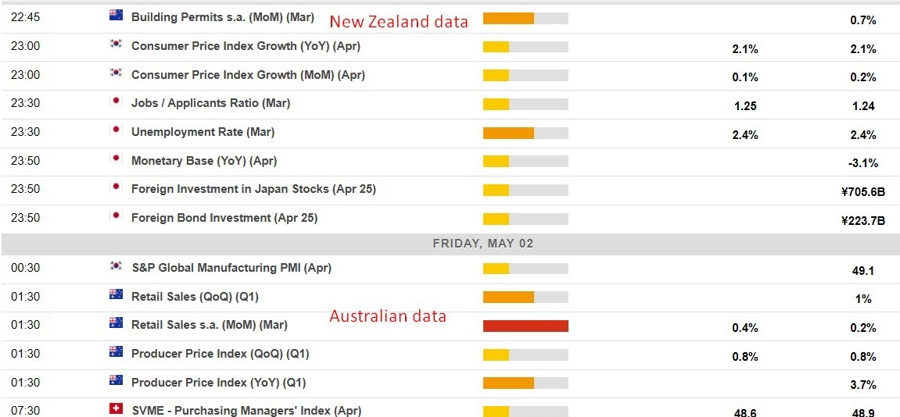How to Make the Most of the Economic Calendar: A Guide for Traders and Investors
Understanding upcoming economic events is essential in today’s fast-moving financial world. The economic calendar has become an indispensable tool for traders and investors alike. By keeping track of scheduled releases and major announcements, you are better equipped to make informed decisions.

What is an Economic Calendar?
An economic calendar is a schedule of major financial events, news releases, and data publications that can impact financial markets. Examples include central bank meetings, employment figures, GDP updates, and inflation data. Financial professionals consult these calendars to anticipate market volatility and adjust their strategies accordingly.
Why the Economic Calendar Matters
The timing and outcome of economic events can affect everything from stock prices to currency values. For instance, when central banks announce changes to interest rates or employment reports are released, markets can respond instantly. Monitoring the economic calendar helps you plan trades with more confidence and avoid being caught off guard.
Reliable Sources for Economic Calendars
Choosing the right sources is crucial for accuracy. Websites like ForexLive’s Asian Economic Calendar provide snapshots of scheduled events, previous outcomes, and consensus expectations. Similarly, TradingView News offers concise overviews, highlighting which data points are likely to move major FX pairs.
These platforms list events in GMT and often include prior results and market expectations. By reviewing these details, you get valuable context for potential market reactions.
Tips for Using the Economic Calendar Effectively
- Set Alerts: Customize your calendar to alert you before high-impact releases so you never miss key data.
- Review Expectations: Compare market forecasts with previous outcomes to anticipate possible surprises.
- Track Local and Global Events: Focus on economic calendars covering markets relevant to your trading interests, such as Asia-Pacific or global economic updates.
- Understand Volatility: Not every event moves the market. Learn which scheduled releases typically drive price action for your assets.
Staying Ahead with Informed Decisions
Incorporating the economic calendar into your analysis can take your trading or investment strategy to the next level. Keep tabs on developments, use trustworthy sources, and be prepared for volatility. To expand your understanding, delve into detailed Asian economic events and consensus forecasts and stay current with real-time financial news updates.
Conclusion
Mastering the economic calendar helps you approach the markets with greater confidence. By staying informed and preparing ahead, you put yourself in a stronger position to capitalize on emerging opportunities. Start tracking the economic calendar today and sharpen your edge in the dynamic world of finance.